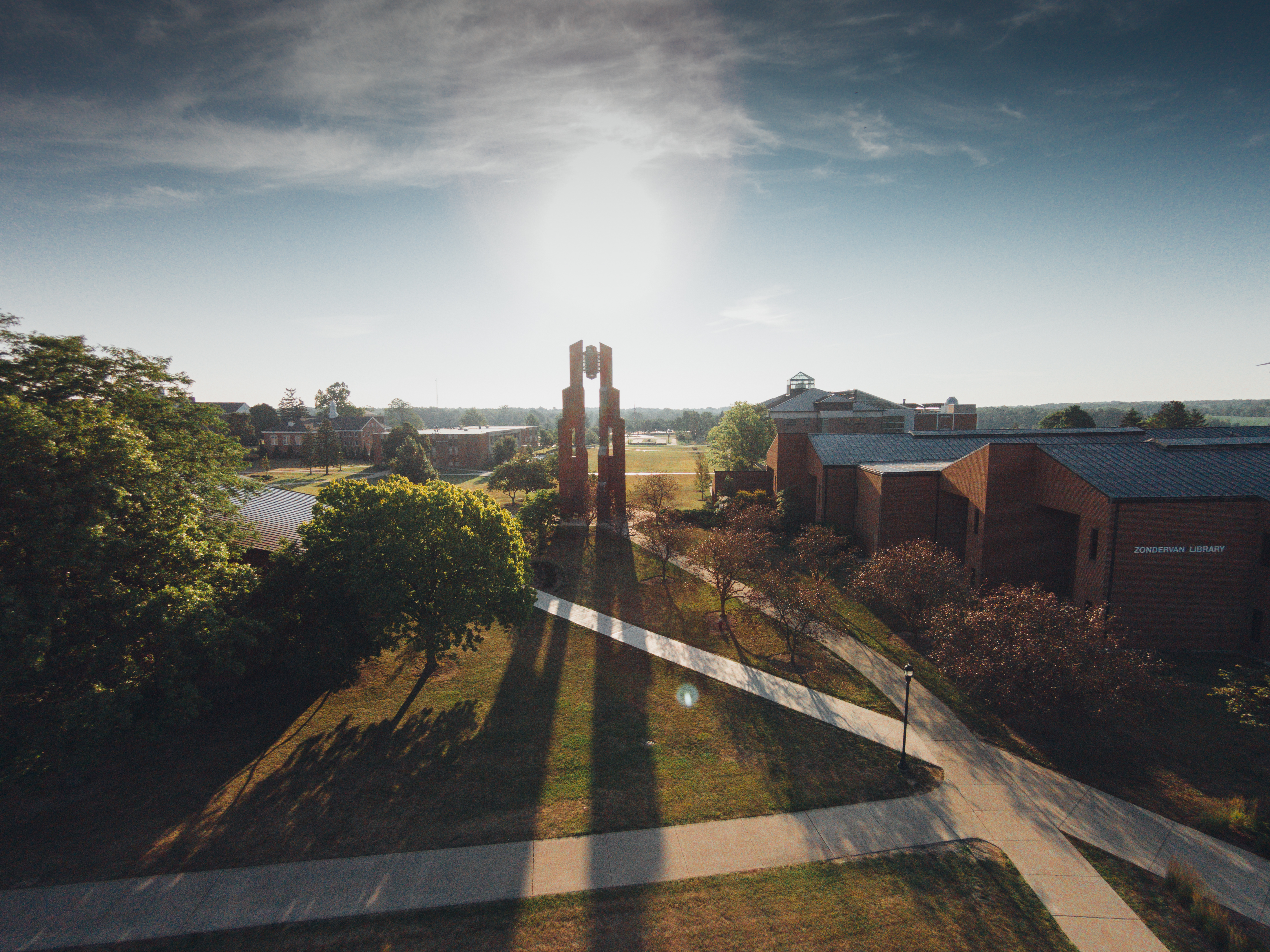Title
What Are Taste Receptors Doing in Bone?
Loading...
Document Type
Video
Publication Date
9-30-2019
Abstract
Previous research has shown that in mice, loss of expression of the Tas1R3 gene, which encodes a plasma membrane-bound protein receptor involved in the taste perception of sweet and umami, resulted in increased bone mass. What in the world did that just say and mean – come to this talk to find out. Work done in collaboration others lead to strong evidence that these taste receptors are expressed in cells (osteoblasts and osteoclasts) specifically associated with bone tissue; however, the role of these receptors in osteoblast and osteoclast cell function is largely unknown – why on earth would bone cells have taste receptors? Dr. Dewar will explain what I have been doing to try and understand the role of this receptor in bone cell function.
Recommended Citation
Dewar, Brian, "What Are Taste Receptors Doing in Bone?" (2019). Science Seminar. 9.
https://pillars.taylor.edu/science-seminar/9



Notes
Course: NAS 480/480H